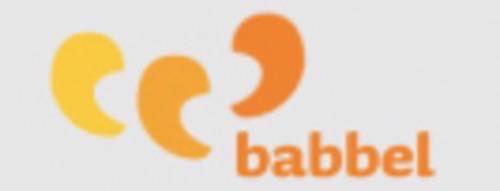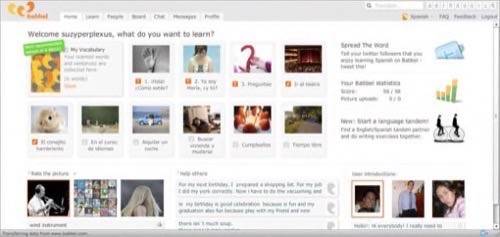In anticipation of the upcoming European Union elections, Berlin-based language site Babbel just launched a “Politics and Voting” section to their Vocabulary Trainer. Co-founder Markus Witte believes the training package will help his 330,000 members exchange opinions despite their language barriers.

Between June 4-7, an estimated 375 million Europeans will have the opportunity to elect their representatives for the next five years. The European Parliament is comprised of 736 members from 27 countries and some of the key electoral issues include the economy, food safety, greenhouse gas emissions, infrastructural spending and chemical policy.
Says Witte, “Of course, everybody can vote in their own language at the EU parliament elections. But our vocabulary can be of some help to understand what others think or do in this context.”
Witte met fellow Babbel co-founders Lorenz Heine, Toine Diepstraten and Thomas Holl while working at audio software company Native Instruments. The group started Lesson Nine GmbH in 2007 and launched Babbel in January 2008. Backed by Kizoo AG and Berlin Investment Bank, Babbel is available in English, French, Spanish, German and Italian. Users can chat with each other, take tutorials and even challenge each other through the tandem learning feature.

For those who’d like an extra challenge, Babbel launched its first premium German to Spanish service in April 2009 at 19 euro (about $27 USD) for a 3 month subscription. Compare that to the $250 USD price tag on a Rosetta Stone box set. Other web-based learning tools include Livemocha and SmartFM (formerly iKnow).
Says Witte, “We are also planning to open up our API for external developers. This might bring along mobile applications as well.”

















